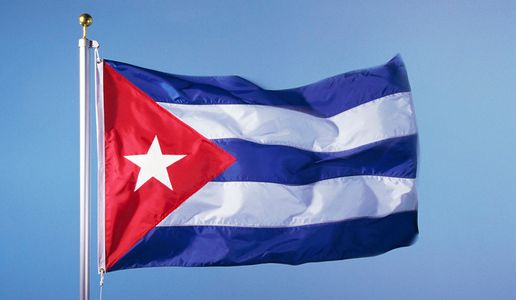Hare in Latin America Advisor on Leadership Change in Cuba
Amb. Paul Webster Hare, Senior Lecturer at the Frederick S. Pardee School of Global Studies at Boston University, was recently interviewed for an article examining what a change of leadership and the departure of the Castros from the presidency in Cuba means for the country.
Hare was quoted in a December 11, 2017 article in Latin America Advisor entitled “What Will a Change in Leadership Mean for Cuba?”
From the text of the article:
“Government media will seek to portray the succession as business as usual, but it won’t be. Díaz-Canel has had a five-year long product launch, but still has no brand. So, assuming he is the next president, he will first seek to reassure those who fear change by continuing free education and health care, without rampant inequality. But, unlike the Castros, he did not win in 1959 nor build the revolution. He may have a short time to prove himself. Díaz-Canel needs to offer Cubans a standard of living that goes beyond survival. He has had plenty of time to prepare. But Raúl and the rest of the Castro clan will be breathing down his neck. Cuba is still far from viable without international subsidies and credit. Venezuela is not a long-term bet. There is no Soviet Union or Chávez willing to back DíazCanel unconditionally. Today, Russia and China will insist Cuba starts implementing economic policies that provide for genuine wealth creation. Meanwhile, the Trump administration has handed some key cards back to the revolution. Cuba can blame the United States for most of its economic malaise. The young will remain apathetic unless Díaz-Canel reinvents himself. But they will be less deferential, because the revolution means little to them. They want to make money, buy iPhones and scrap absurd controls. Díaz-Canel has a tightrope to walk, with many in the military perhaps hoping he falls off. Sensing this, a canny leader might actually listen to Cubans.”
Amb. Hare teaches classes at Boston University on Diplomatic Practice, Arms Control, Intercultural Communication and on Cuba in Transition. His novel, “Moncada – A Cuban Story”, set in modern Cuba, was published in May 2010. His book “Making Diplomacy Work; Intelligent Innovation for the Modern World.’ was published in early 2015.
